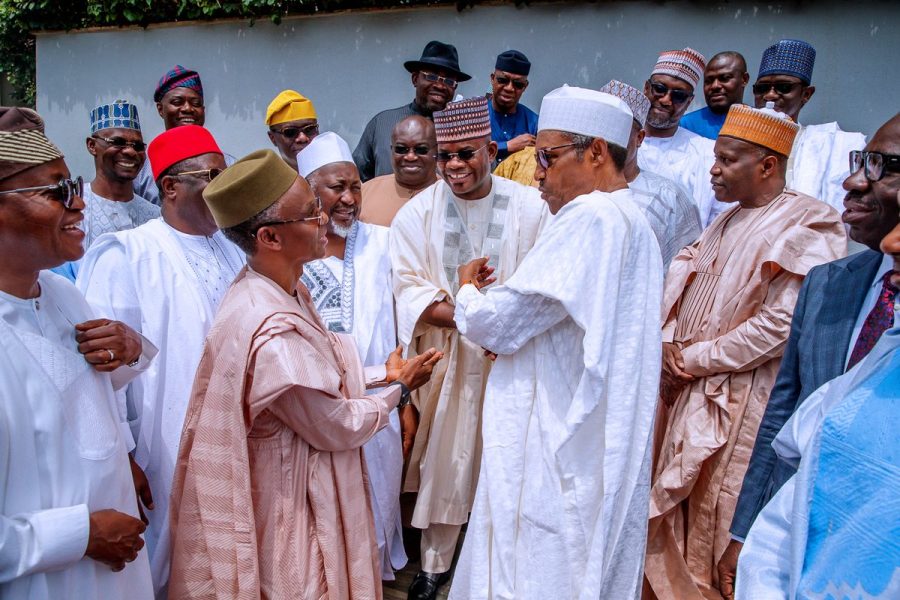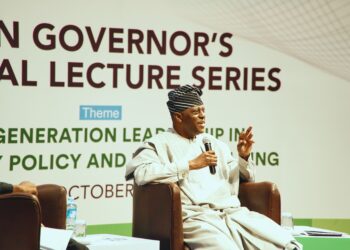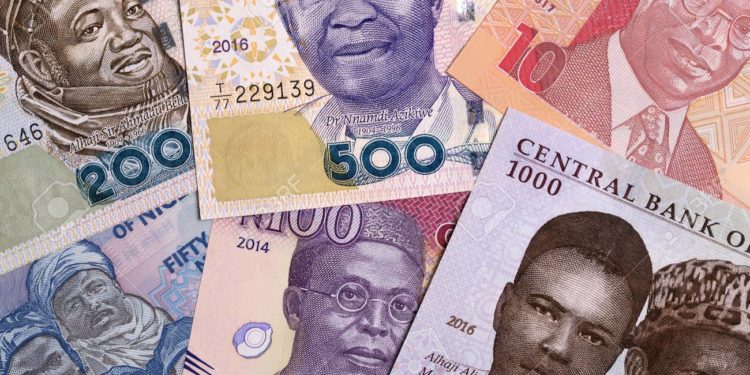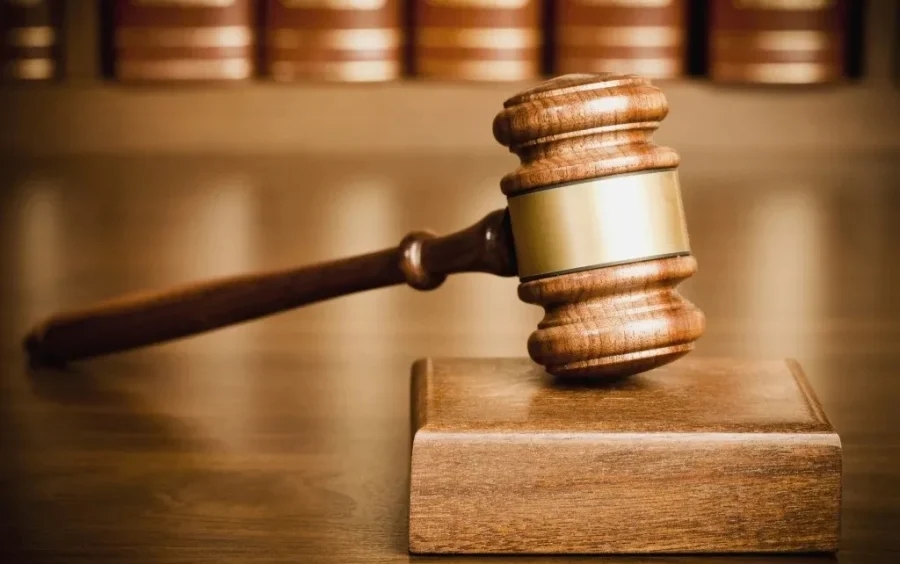Why are states in Nigeria not paid their share of the oil and gas earnings in the currency it was earned in, i.e., the United States Dollars (USD)?
The crude oil in Nigeria is owned by the Federation — the Federal, State, and Local Governments. It’s shared as follows: First, 13% is deducted and paid to the oil and gas producing States under the principle of derivation; next, the Federal Government (FGN) gets 52.68%; the States get 26.72%, and the Local Governments get 20.60%.
When Nigerian crude oil is sold, the proceeds of that sale are in USD and get paid to the NNPC/CBN/JPMorgan Account in the United States. The Oil and Gas taxes, e.g., Petroleum Profit taxes, are also charged in USD and are collected by the Federal Inland Revenue Service (FIRS) and paid to the Central Bank of Nigeria (CBN). The same thing applies for the royalty bonus collected by the Department of Petroleum Resources (DPR) and paid to the CBN. The CBN then converts the USD sales proceeds to Naira.
The CBN and Ministry of Finance then fund Federal agencies like NEMA and the Consolidated Revenue Fund in Naira, even the 13% derivation is paid in Naira. In other words, while the CBN retains the USD, the Federal, States, and LGAs get Naira. The CBN thus becomes the biggest player in the Foreign Exchange (Forex) markets, with Forex “earned” from the Federation. Why is this the case? Is it their money?
(READ MORE: COVID-19: Nigeria risks supply chain bottleneck, loss of N2.27 trillion in trade)
Why not simply give Abia State its share of oil sales earned in USD? Abia State could sell or save its USD in her State Sovereign Wealth Fund (amen). The state can decide to sell or save her Forex as she desires on the Interbank Foreign exchange market, or sell to the CBN. Why is the CBN deciding what exchange rate to use in remitting to states and LGAs their share of Forex earned from exports? Is Nigeria not a Federation? Ultimately, the states, as part of the federation, should get to choose what to do with their Forex earnings. If the CBN wants Forex, let it also bid for it from the states.

The reality is that Nigeria is a Federation on paper, but a Unitary state in practice. The Federal Government may receive 56% of the share of fiscal revenues, but it collects above 95% of the major fiscal taxes on behalf of the states, including the Value Added Tax, and then redistributes according to the revenue distribution template. This leaves the states as mere appendages of the Federal Government, running back and forth for bailouts, unable to build railroads to export, unable to build power plants and sell power, unable to mine solid minerals in their states or even issue company business licenses without the consent of the Federal Government.
Nigeria has no business with 35 states if those states become mere spenders of FAAC allocations, unable to generate their own wealth.
READ ALSO: 5 agritech investments to consider, as COVID-19 causes uncertainty in stock market
Perhaps the states should consider holding a nonpolitical summit and confronting the Federal Government, as well as passing a constitutional amendment to force fiscal devolution of powers. There are gold and iron ore sprinkled across Nigeria, yet states cannot touch them. Why? Well, the reason is that those are Federal property. If states owned those assets, it would be reasonable to assume they would protect them, but gold mining goes on illegally across the nation because the Federal Government owns the assets on the land but the states own the land without the assets—a mismatch of revenues and responsibilities.
All states, except just a few, cannot meet their obligations from Internally Generated Revenues (IGR). These include states governed by the APC, APGA, and PDP political parties. The states should be allowed devolved power; for instance, allow states to own mineral deposits on their land, thus retaining income of 65% via derivation on Company Income Tax and Mineral Tax generated. States must stop begging for bailouts.
[READ ALSO: Nigeria’s foreign debt has breached a 15-year trigger)
A quick win will be to allow states register companies via their State Corporate Affairs Commission. This will spur competition via efficiency where states compete to attract companies to list in their states.
In summary, Nigeria needs a devolution of fiscal powers to empower the states fiscally, then hold them accountable. As Nigeria seeks to diversify the FX earning sources of the federation, it’s also important that the political economy is considered.
























This is what I have been preaching. But some states believe they cannot survive without oil money.
The states should sponsor a bill for the amendment of the constitution so that they can own the land and what is on and under the land, have power to register companies to a certain level of investment, pay salaries according to ability, generate or license company to generate electricity for their state, collect VAT, do foreign trade and earn income. Then on these pay royalties or federal contributions of a fixed equal amount from each state of the federation of Nigeria.